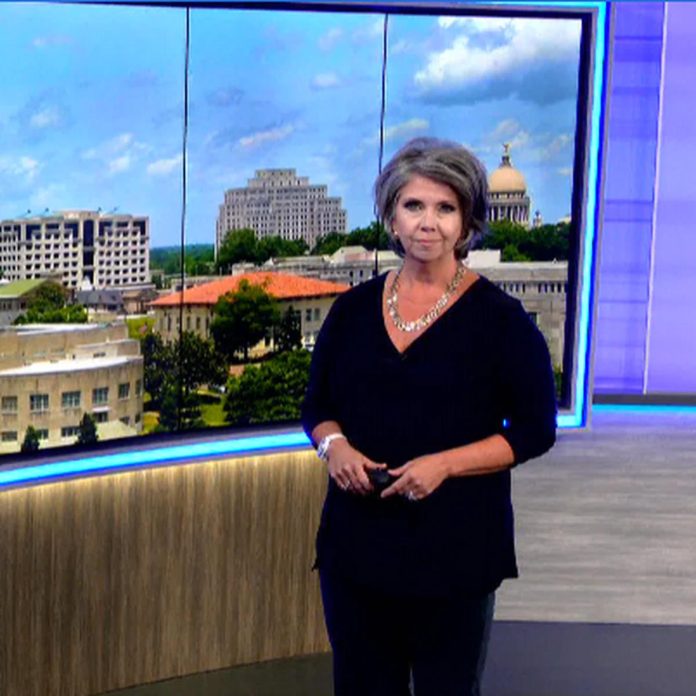
Antonio Jackson
Staff Writer
This past weekend, WLBT news anchor, Barbie Bassett, made an offensive comment on air towards fellow news anchor, Carmen Poe. Many viewers felt Bassett’s comments were offensive to both Poe and the black community.
Poe was on sight during the ESPN College Gameday event at Mississippi Veteran’s Memorial stadium when Bassett made a comment that gained a lot of attention.
On air she stated, “Girl, sis, I know you well enough to know that those guys working behind you, they probably know who the celebrity Gameday figure is… I know your mother or your ‘grandmammy’ has got some type of recipe that you could whip up.”
The terms “girl” and “sis” in certain contexts are a part of the AAVE or African-American Vernacular English. AAVE is a wide vocabulary of terms and phrases that are known to be created by the black community going back several years. These terms are primarily used by African-Americans so when a person from another ethnicity uses them, it typically comes off as disingenuous and belittling.
According to Merriam-Webster.com, the origin of the word mammy stems from a disparaging reference to a black woman that cared for white children during slavery. Although these women were real people, the term mammy has since gone on to be used as a slur, caricature and overall derogatory term.
Students at Jackson State University voiced their opinion on what Bassett said during the Gameday broadcast. Most of them felt that it was very inappropriate for her to make comments of that sort.
Jaquan Nelson, a senior biology/pre-physical therapy major form Woodville, Miss., felt Bassett’s comments were distasteful and untimely.
“I feel like it’s a time and place for stuff like that. In this situation, that wasn’t the time and place, due to the audience she was speaking to. Plus, she is around black news anchors. I’m not sure if that’s her background or what she is accustomed to, but saying that on television is unnecessary,” stated Nelson.
Darnell Hall, Jr., a freshman psychology major from New Orleans, La., shared similar sentiments about the controversy. Expressing that Bassett should be mindful of who watches the broadcast.
“I feel like it was very insensitive to say something like that. I get that we have a freedom of speech in this country, but knowing the crowd that you’re around, you should watch what you say. You never know who you could offend,” Hall said.
Journalism and Media Studies Professor Ashley Norwood, shared her thoughts on the importance of how careful journalists should be and also commended WLBT and Bassett for their responses following the broadcast.
Norwood stated, “It is absolutely important to be mindful of your words as a media practitioner. Barbie Bassett, like other anchors, are seen as public figures, people of influence and to some even role models. People tune in to your coverage trusting your storytelling and judgement. While it’s also meaningful to have personality on air, those unscripted moments can lead you down a road of regret. Personality and casual conversation are what humanizes you and connects you to your viewer, audience and communities. But choose your words wisely.
Norwood added, “People may forgive what you say but they’ll never forget how you made them feel. I do appreciate WLBT for responding quickly and for issuing her apology. We as journalists must take accountability for our words and that is exactly what she did.”
Bassett has since apologized to Poe and the WLBT audience for her insensitivity, promising to take the time to learn from her mistake and to better understand the history of the people. On air, she shared the following statement.
“Last Friday on our newscast ‘Today at 11’, I used a term that was offensive to many in our audience and to my coworkers here at WLBT. Though not intentional, I now understand how my comment was both insensitive and hurtful. I have apologized to Carmen Poe. Now, I would like to apologize to you. That is not the heart of who I am. And for that, I humbly ask for your forgiveness, and I apologize to everyone I have offended. I will learn from this and participate in training so I can better understand our history and our people. I can’t mend the hurt my comment caused. I pray you’ll forgive me and that you’ll extend grace through this awful mistake.”

